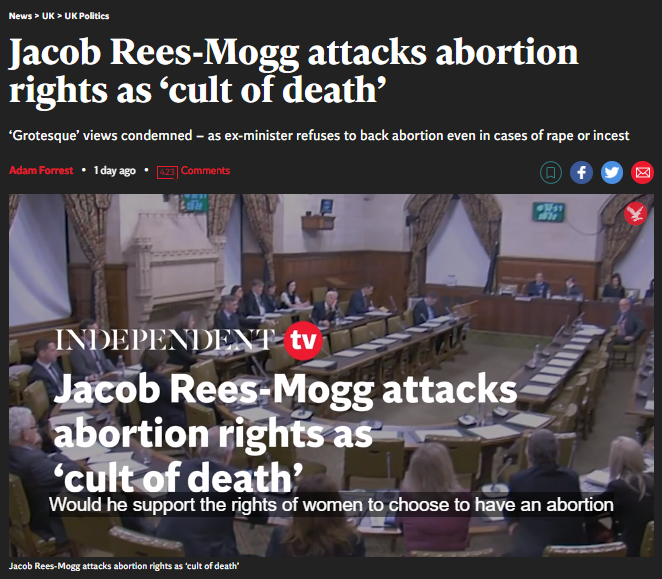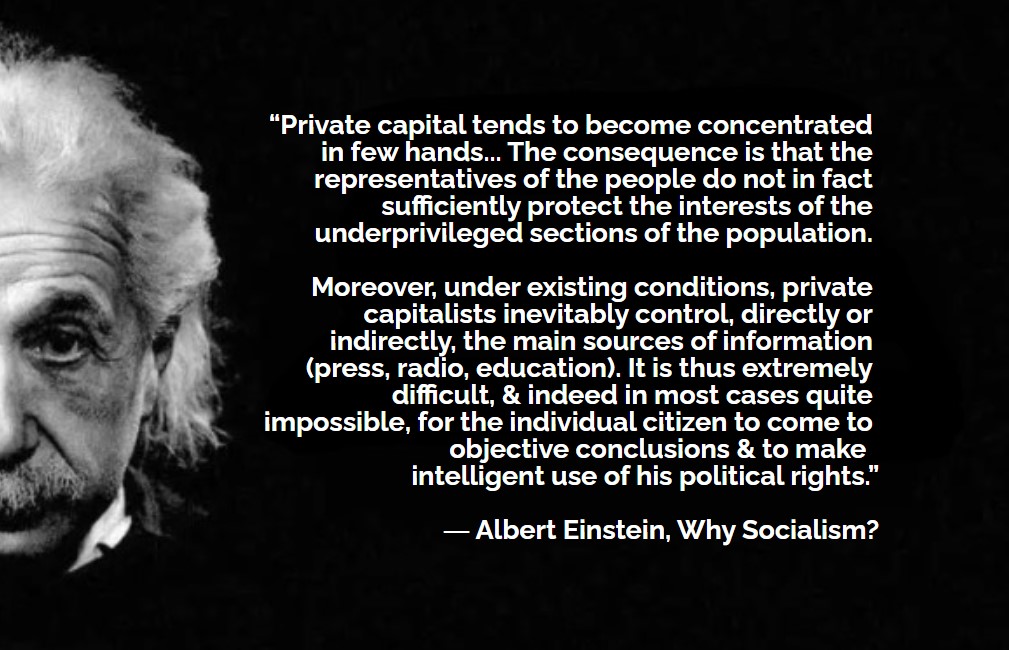
'Critical theories of neoliberalism (CTNL) & their significance for left politics', by Matthew Lepori.
A thoughtful discussion article attempting to synthesise a very wide-ranging critique of #neoliberalism in order to build left-alliances.
A thoughtful discussion article attempting to synthesise a very wide-ranging critique of #neoliberalism in order to build left-alliances.

It's not open access, I'll just thread a few extracts.
There is no battle between those studying #neoliberalism as a political economy (‘Marxian’) & those studying it as a governmental project designed to constitute particular types of social & political subjects (Foucauldian).
There is no battle between those studying #neoliberalism as a political economy (‘Marxian’) & those studying it as a governmental project designed to constitute particular types of social & political subjects (Foucauldian).
Some analysts treat neoliberalism as an ideology & class project emerging in reaction to falling rates of profit, this economic ‘trigger’ is not explained through structural-economic contradictions but through politics eg strikes, inflationary policies, & an open global economy.
As such, #neoliberalism is a political phenomenon with a political economic basis. Secondly, though we should understand neoliberalism as class politics, this does not mean reverting to a capitalist-proletarian binary, or any sort of privileging of the working class.
In Harvey’s words, we must reject ‘golden age’ narratives depicting some ‘proletarian field of Marxian fantasy.’ The battle is now between ‘elite class power’ and ‘popular control,’ a left populism catalyzed by subjects with ‘interwoven’ racial, gendered, & economic identities.
This variant of CTNL names and critiques neoliberal political economy while avoiding treating the economy as the privileged ground for social and political transformations. Cohabitation would also be hindered if Foucauldian approaches had nothing to say regarding the economy.
While Foucault does not emphasize class power or declining profit rates, he does narrate neoliberalism as a form of economic government, or the bringing to bear of market reason upon the state and individual.
The state is remade into an ‘economico-juridical’ institution, tasked principally with implementing the laws necessary for the operation of markets, while simultaneously retreating from the provisioning of public goods.
The task of ensuring security or some basic prosperity shifts from the state to the individual, who is reconceived as a bearer of capital and an object of self-investment.
No longer citizens of a government of right, and operating without public support, all individuals must become economically rational, maximizing their capital within the market so as to ensure their own well-being. Political subjectivity is shorn off; homo economicus is born.
Marxian accounts stressing elite class politics & Foucauldian accounts emphasizing subjectification can work side-by-side, given that neither depicts the harms of neoliberalism as befalling upon any particular social actor, nor reserves emancipatory potential to any such actor.
In these depictions, all ‘non-elites’ suffer the consequences of neoliberalism, if for no other reason than the loss of political life: the open-endedness of these critiques may be important within an intellectual milieu wherein there is pressure to choose one’s patron saint.
To fight neoliberalism is not to choose Marx and the working class, but to be part of an expansive political front of workers, feminists, environmentalists, anti-imperialists, etc. Or even better, to be each of these simultaneously.
Neoliberalism the left’s preeminent adversary. By radically individualizing (i.e., stripping away any sense of collectivity) & economizing the individual, neoliberals erode the solidarity necessary for the advancement of the struggles comprising the left constellation.
In this, it is unique. Other forms of subjectification create categories of people – gays, workers, blacks, immigrants – who can repurpose that category and its lived experience as a political glue, creating a basis for solidarity.
By contrast, under neoliberalism one’s solidarity is with oneself –self-help – which is not felt as disempowerment because the neoliberal subject authors her own life.
This 'self-help' narrative not only perpetuates the classical response to inequality (work harder, be more responsible). It also obviates the need to think in terms of structural power, given that there are no structures (nor structuring), only individuals and their choices.
Stuart Hall treats Thatcherism as a project to create a new political subject (‘entrepreneurial man’) and proposes we understand neoliberalism as a hegemonic project to form the popular consciousness and 'common sense'.
Once neoliberalism is known as such it necessitates launching into a specific political contest, wherein one contests the creation of the neoliberal subject, both in discourse and via the marketization of social life, as well as the actors involved in this project.
Unlike in the Marxian story wherein the proletariat is the class that carries forward history by virtue of its place within the system of production, a world known as neoliberal does not contain a predetermined emancipatory subject.
Instead, by theorizing neoliberalism as a project to create an atomized-economized subject, the neoliberal project is situated alongside other systems of social subjectification, e.g., those producing patriarchy, heteronormativity, nativism, etc.
The neoliberal subject is also a racialized subject is also a gendered subject etc; given this, the left may draw upon the affect of a variety of subordinations in order to coalesce resistance, suggesting that neoliberalism is not the left’s sole adversary.
The neoliberal subject does not think in terms of structural power, collective responsibility, or common good because his/her own power and responsibility are preordained.
Thus all left movements must denaturalize neoliberal rhetoric in order to create the consciousness of structural violence and collective membership necessary to catalyze their struggles.
None of this is to argue that there is a seamless account of neoliberalism adopted and utilized by members of the left; rather, the sum is that every member of the left can agree that neoliberal subjectivity is a central problem.
Critical theories of neoliberalism maintain the horizontality prized by those on the left, while pressing forward the need to understand, critique, and reform neoliberal discourse and practice even among those whose struggle is not centered upon the problem of the economy.
When neoliberalism (or any other theoretical construct) comes to define (via negation) a political group, it also acts within that group as a purifying device, a tool for the purpose of identifying and eliminating any traces of one’s political opposite.
In our case, theorists may turn the critique of neoliberalism inward and allege that important areas of left politics have been colonized by neoliberal reason. Recent debate over whether feminism has been co-opted by neoliberalism gives us an excellent example of this dynamic.
One text here stands out – Nancy Fraser’s essay claiming that contemporary feminists have abandoned the radical critique of second-wave feminism and in doing so have formed a ‘dangerous liaison’ with neoliberalism.
Neoliberalism, she tells us, has induced feminists to discard the politics of redistribution and critiques of structural violence – discourses dangerous to neoliberalism – and seek instead recognition and equal terms *within* the market.
Fraser wants feminists to purify their practice by shedding neoliberal tendencies. While she notes that the ‘point, of course, is not to drop the struggle against traditional male authority,’ her essay predominantly stresses the requirement that feminism becomes post-neoliberal.
Attempts at 'purification' may create a more homogeneous or united left, or it may do the opposite & create fractures. For example, Fraser’s portrayal seems to equate feminism with the activism of affluent white women while ignoring wide swaths of radical feminist activism.
This not only brings back third-wave criticism of the white and Western orientation of feminist theory, but also the collapse of feminism into the fight against neoliberalism provokes those who see feminism as a discrete project.
As Nanette Funk puts it, ‘global feminism is a movement for gender justice first and foremost, not only a movement to challenge neoliberalism, however much these are related, and however important both goals are’.
Hence, the critique of neoliberalism may draw together the left constellation (wherein gender justice requires challenging neoliberalism), but it may also elicit pushback from those who fear subsumption into a neoliberal vacuum.
One may agree that neoliberalism is an enemy but contest narratives that reduce the left to fighting neoliberalism (i.e., making it *the* enemy).
The critique of (what the author of this article, Matthew Lepori, calls) 'ontological neoliberalism' presupposes a critique of capitalism that earlier leftists foregrounded and made explicit, particularly concerning the problem of property.
In short, the Marxist argument linking class power and worker exploitation to the property system is necessary to make sense of the claim that the neoliberal subject’s freedoms are false.
The market is not a place of equal freedom for all because property (like race and gender) delimits one’s power to choose. Individuals are not equally free because most are compelled to make inequitable contracts with the owners of capital in order to secure a living.
In short, the critique of capitalism is a necessary adjunct to the critique of neoliberalism. Lepori's point is not that critics of neoliberalism are unaware of Marxian critique, rather that the critique of property remains submerged, when it should be made explicit.
However, precisely here the left may run into a problem: how to convince the popular audience of the falsities of neoliberalism without recourse to overt Kapitalkritik ('traditional/fundamentalist' Marxist critique).
One may denounce the capitalist class & its maneuvers around worker solidarity, inflation, declining effective demand, & 'stakeholders'. One may collect these maneuvers (ie globalization, fiscal discipline, financialization, shareholder value) into a package called neoliberalism.
In turn, audiences experiencing the loss of jobs, stagnating wages, the growth of debt, the decline in investment, the #CostOfLivingCrisis, or the loss of a social safety net may prove receptive to neoliberalism’s critique.
But none of this directly addresses the foundational neoliberal claim to 'free the individual' by limiting the state and making for him/her a life in the market.
If the left wishes the willing subjects of neoliberalism to will collective life, & see freedom as only accomplishable via solidarity with their peers, then they must offer a critique of property, emphasizing the political/economic asymmetries it engenders within market society.
Furthermore, in the literature it is democracy, not socialism, which informs the positive vision of neoliberalism’s critics. What ramifications might this have?
For one, socialism expresses ideas that powerfully rebut the neoliberal view of freedom: that private property is power-over and not just power-to, and, as Axel Honneth argues, that ‘the community of solidarity, rather than the individual, is the bearer of freedom’.
Despite its (for many) unpalatable connotations, #socialism, therefore, may be able to do more for the left than can democracy with regard to informing an effective critique of neoliberalism and a positive project distinct from the (purportedly democratic) status quo.
One could argue that this distinction is but nominalism – people rally around proposals for change rather than signifiers. Critics of neoliberalism might also claim that their democracy is social democratic, or even socialist, seeking to collapse the distinction between the two.
Because socialism typically connotes a more expansive political & economic project, making socialism the mantra may better ensure that resistance to neoliberalism goes beyond government & includes the creation of economic institutions whereby social freedom becomes known & felt.
Lepori wants to convince people that the wide range of theories critical of neoliberalism have emerged out of the concerns of the political left and that they should reciprocally inform and shape the left going forward.
Lepori argues the literature carries certain positive valences for the political left, though three reservations – the politics of purification, the ambiguous place of capitalism in the literature, & the call for democracy rather than socialism – demand serious consideration.
As theories critical of neoliberalism expand within contemporary political discourse, given their political potentialities, it behooves scholars to treat them as an object of political theory in its own right, nurturing & developing dialogue within political theory & elsewhere,
• • •
Missing some Tweet in this thread? You can try to
force a refresh















